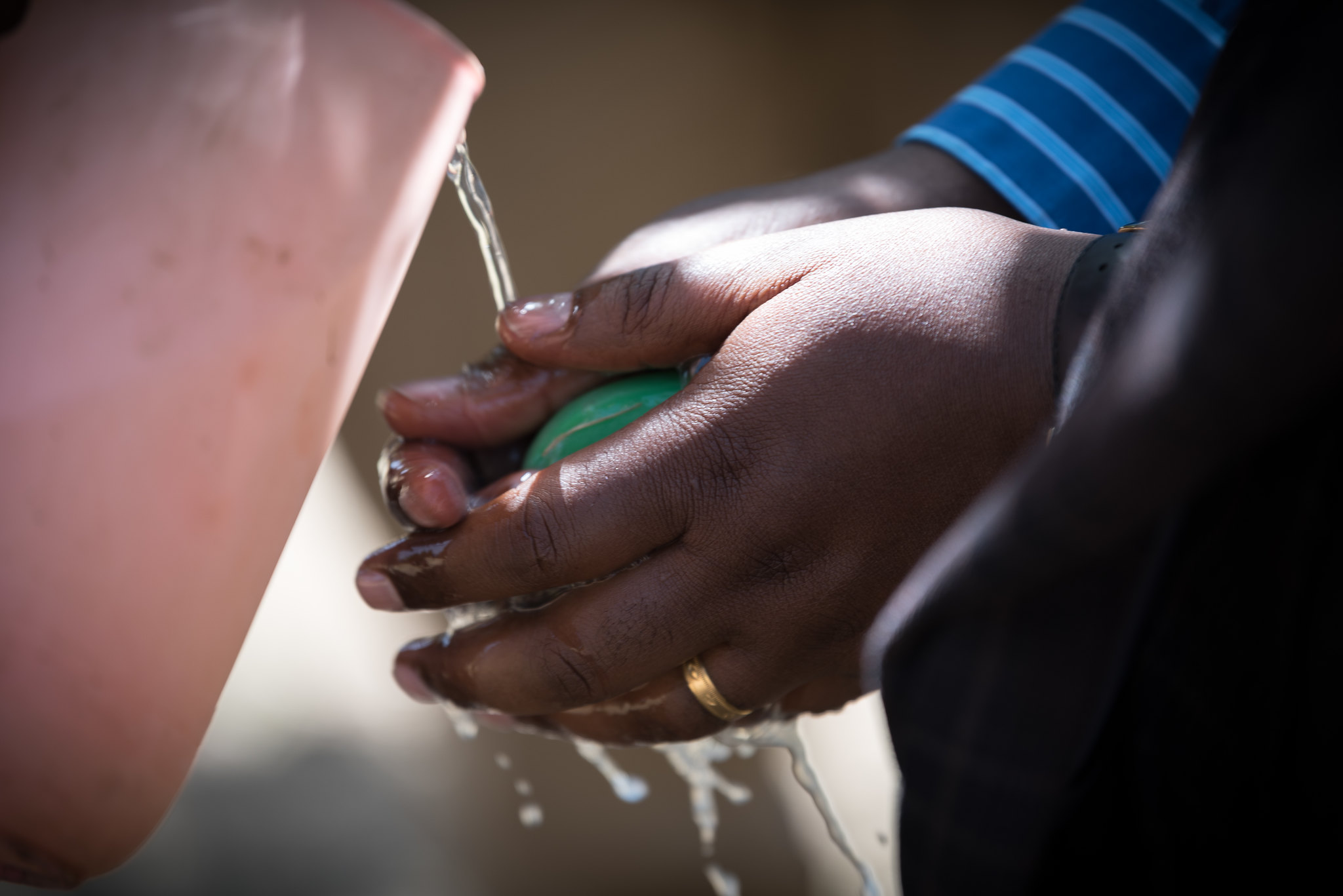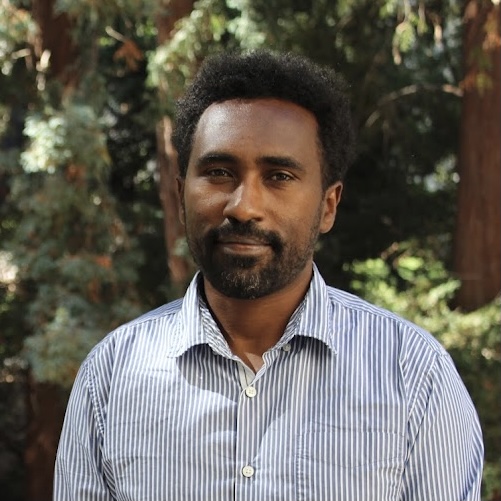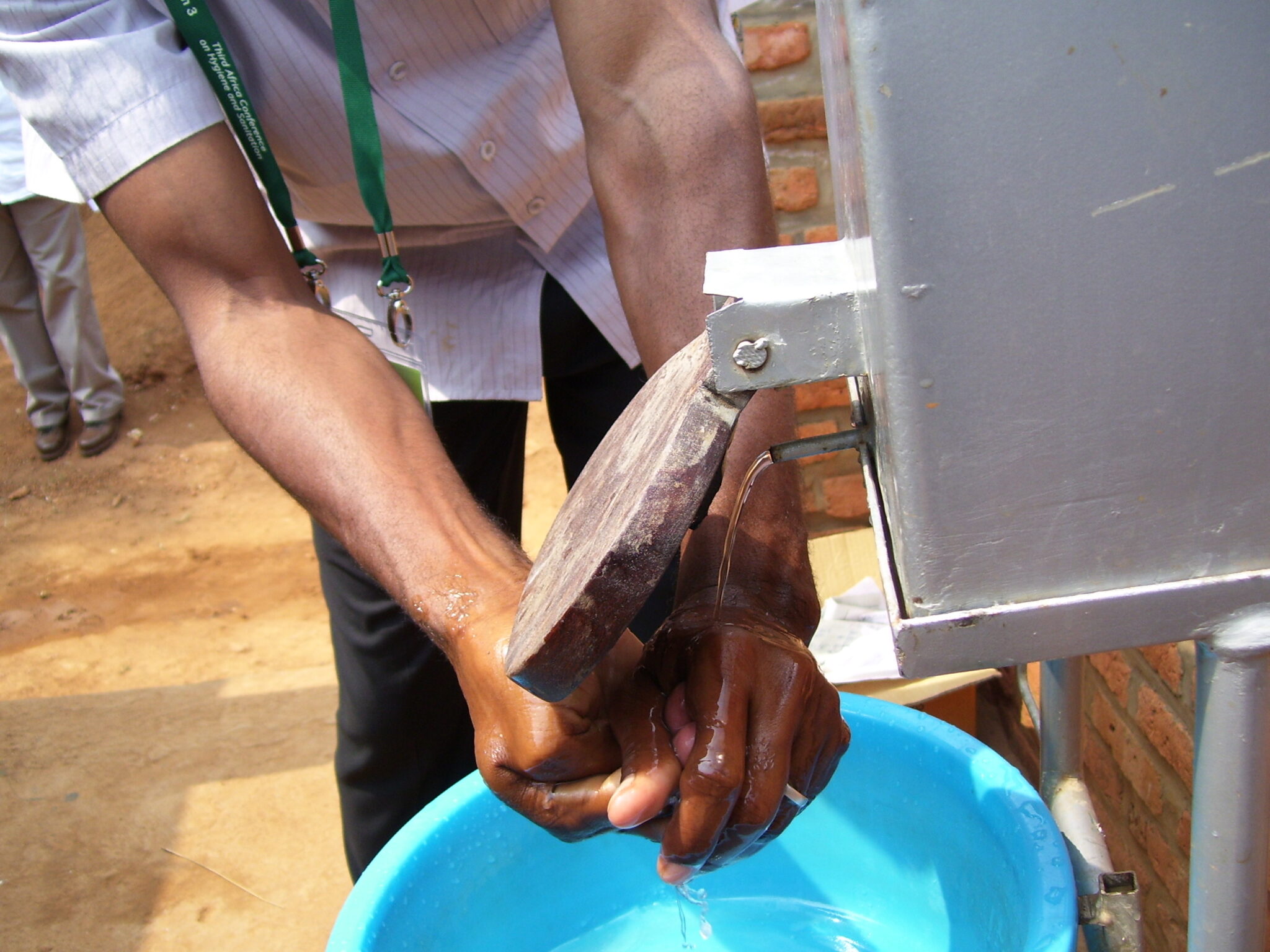Implementing WASH and psychosocial stimulation interventions in Ethiopia

Photo Credit: Albin Hillert/LWF
Study Context
Ethiopia has adopted community-based management of acute malnutrition (CMAM) as a cost-effective intervention for children with acute malnutrition without complication (Tadesse et al., 2016; Tekeste et al., 2012). However, the success of the CMAM program has been challenged by several factors resulting in poor recovery and high relapse rate. These challenges include but are not limited to lack of proper sanitation, water and hygiene (WASH) and psychosocial stimulation (PS), inadequate supply of ready-to-use therapeutic food, and a lack of skilled front line healthcare workers (Tadesse et al., 2018; Eklund and Girma, 2008; Tadesse, Ekström and Berhane, 2016).
Proper WASH and PS conditions have a positive effect on the cognitive development of severely malnourished children. However, little is known about the impact of integrating WASH and PS with existing community health programs on children with moderate acute malnutrition. .
This study will explore the feasibility, acceptability, and barriers to implementing integrated WASH and PS interventions by Community Health Workers (CHWs) in Ethiopia. This pilot study will support the adaptation of intervention components of a future randomized controlled trial; and guide delivery strategies for implementing WASH and PS interventions targeting children with moderate acute malnutrition.
Study Design
The pilot study will be implemented in two phases:
Phase 1: Research will be conducted to identify the core components and structure of the child-centered WASH and PS interventions. In-depth interviews will be conducted with eleven CHWs and among eleven mother-child dyads with acute malnutrition to 1) explore the barriers and facilitators of water, hygiene and sanitation practices; 2) to understand child-mother interactions and parenting style; and 3) to explore the availability of culturally sensitive toys. Based on these interviews and a literature review, the intervention manual will be revised and adapted to the local context.
Phase 2: Next, researchers will compare clinic-based versus home visit delivery models for the integrated WASH and PS interventions. Among three health centers in cash-crop production areas and agricultural production areas, three groups of thirty mother-child dyads each will be sampled and will each receive different interventions (a home-based approach, a clinic-based delivery, and no intervention). Interviews will be conducted with caregivers to explore the acceptability and feasibility for implementing the recommended behaviors.
Results and Policy Lessons
Results forthcoming.




